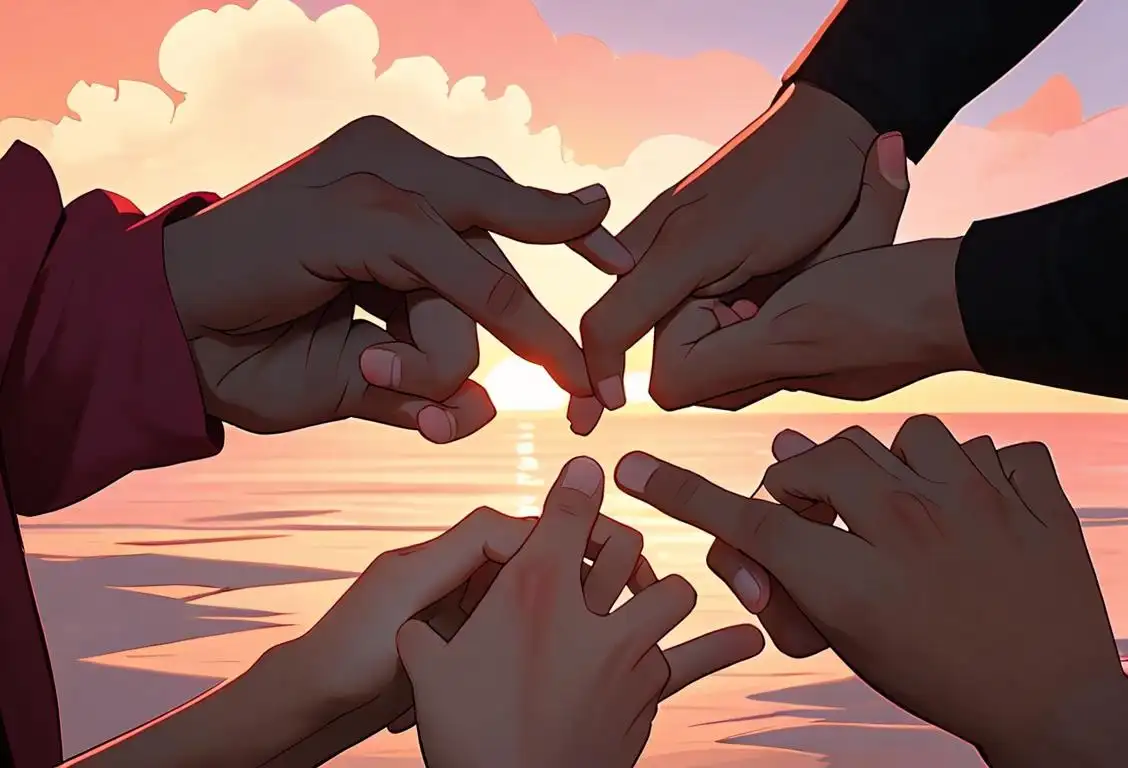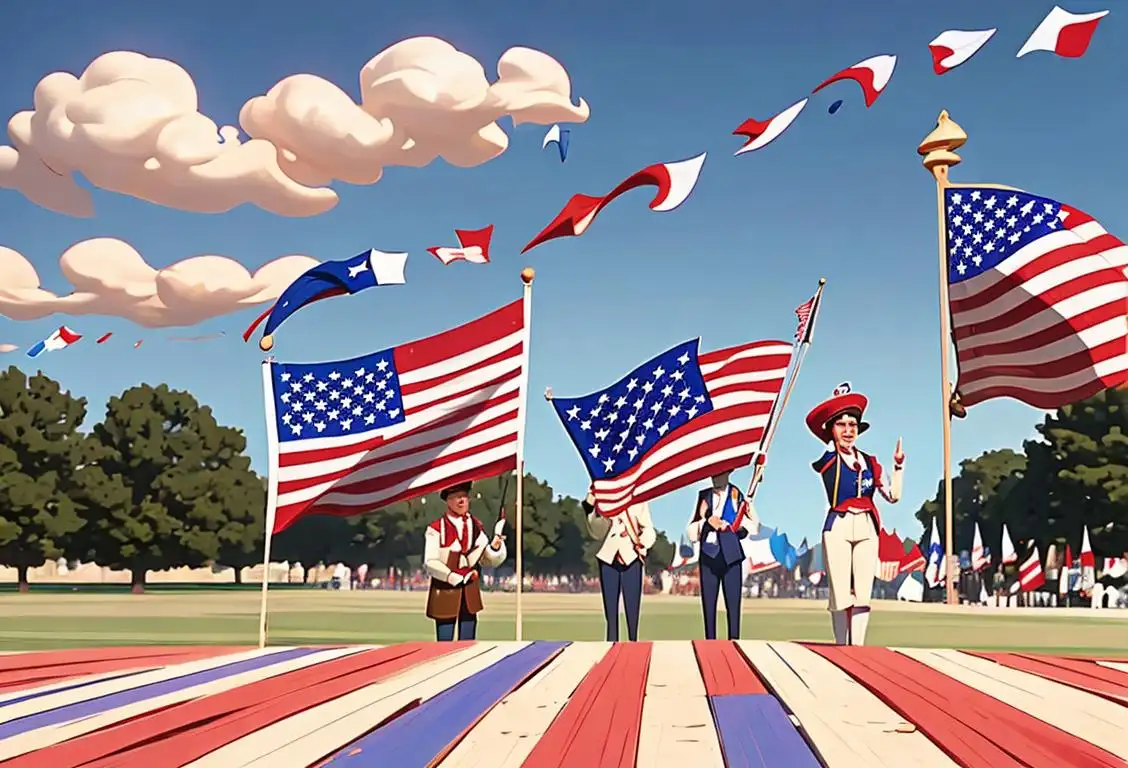National Sorry Day

An emotional rollercoaster, the National Sorry Day, ironically, has no connection with apologizing for forgetting your partner's birthday or gushing out your mate's prized wine down the sink. It turns out we've glided straight into a day of deep significance and heartfelt reconciliation!
When is Sorry Day?
It's national sorry day on the 26th May.
A Brief History of National Sorry Day
Apparently, we have the Land Down Under — Australia, to thank for National Sorry Day. Phew, saved by the Kangaroos! The surprising spark behind this day instigated back in 1997 from the 'Bringing Them Home Report'; a solemn document disclosing the distressing stories of the Stolen Generations — Indigenous children stripped from their families. Soon, on 26 May 1998, the first National Sorry Day was celebrated (or perhaps mourned?) with approximately 12478 digital mentions as of now.
The Peak Toot of the Sorry Train
According to the radar of our internet wizardry, we detected that the most mentions of National Sorry Day soared on 26 May 2020. Maybe it was a global domino of empathy, guilt, or in the least, a recognition of profound respect towards Indigenous Australians.
And What Do People Do?
Well, they certainly don't go around uttering 'sorry' like a broken record! National Sorry Day is marked with activities reflecting the spirit of reconciliation, cultural expositions, and one could say - memories walking hand in hand with acknowledgment.
History behind the term 'Sorry'
500 BC
Expressions of Regret in Ancient Greek
The origins of the term 'sorry' can be traced back to ancient Greece, around 500 BC. In ancient Greek, the word 'soros' was used to express feelings of regret or sorrow. It was often used to apologize or express sympathy for a mistake or wrongdoing.
1000 AD
Old English Apologies
During the Anglo-Saxon period, around the 10th century AD, the Old English term 'sārig' emerged as a way to express sorrow or regret. The term evolved from the Old English word 'sar', meaning pain or grief. People used 'sārig' as an apology or a way to express condolences.
1300s
Middle English Influence
In the 14th century, during the Middle English period, the term 'sorry' began to take shape in its modern form. It evolved from the Old English term 'sārig' and gradually started to be used more commonly to express apologies, remorse, or sympathy.
1748
Formalized Apologies in Writing
In 1748, the formalization of apologies in writing became more prevalent with the publication of 'Clarissa,' a novel by Samuel Richardson. The characters in the novel often wrote letters expressing their regret or apologizing for their actions, which popularized the use of 'sorry' as a written apology.
1930s
The Politeness Revolution
In the 1930s, the term 'sorry' witnessed a rise in usage as manners and etiquette became increasingly important. The concept of politeness and social niceties gained prominence, leading people to use 'sorry' more frequently in everyday situations as a way to show politeness and acknowledge minor transgressions.
1969
The Birth of 'Sorry Day'
The term 'sorry' gained additional significance in Australia with the establishment of 'Sorry Day' on May 26, 1998. This day commemorates the mistreatment, removal, and assimilation policies imposed on Indigenous Australian children. It serves as an official apology for the historical injustices and a step towards reconciliation.
Did you know?
While the Sorry Day is quite solemn, it was an eleven-year-old schoolgirl from Melbourne, who coined the term 'Stolen Generation'. An apologetic paradox, isn't it?Tagged
Australia Emotions Historical Cultural IndigenousAustralia Reconciliation Respect NationalSorryDayFirst identified
16th May 2015Most mentioned on
26th May 2020Total mentions
12478Other days
Sorry Day
Army Day
Australia Day
Vegemite Day
Daniel Day
Sadness Day
Memorial Day
Heroes Day
Flag Day
Liberation Day








